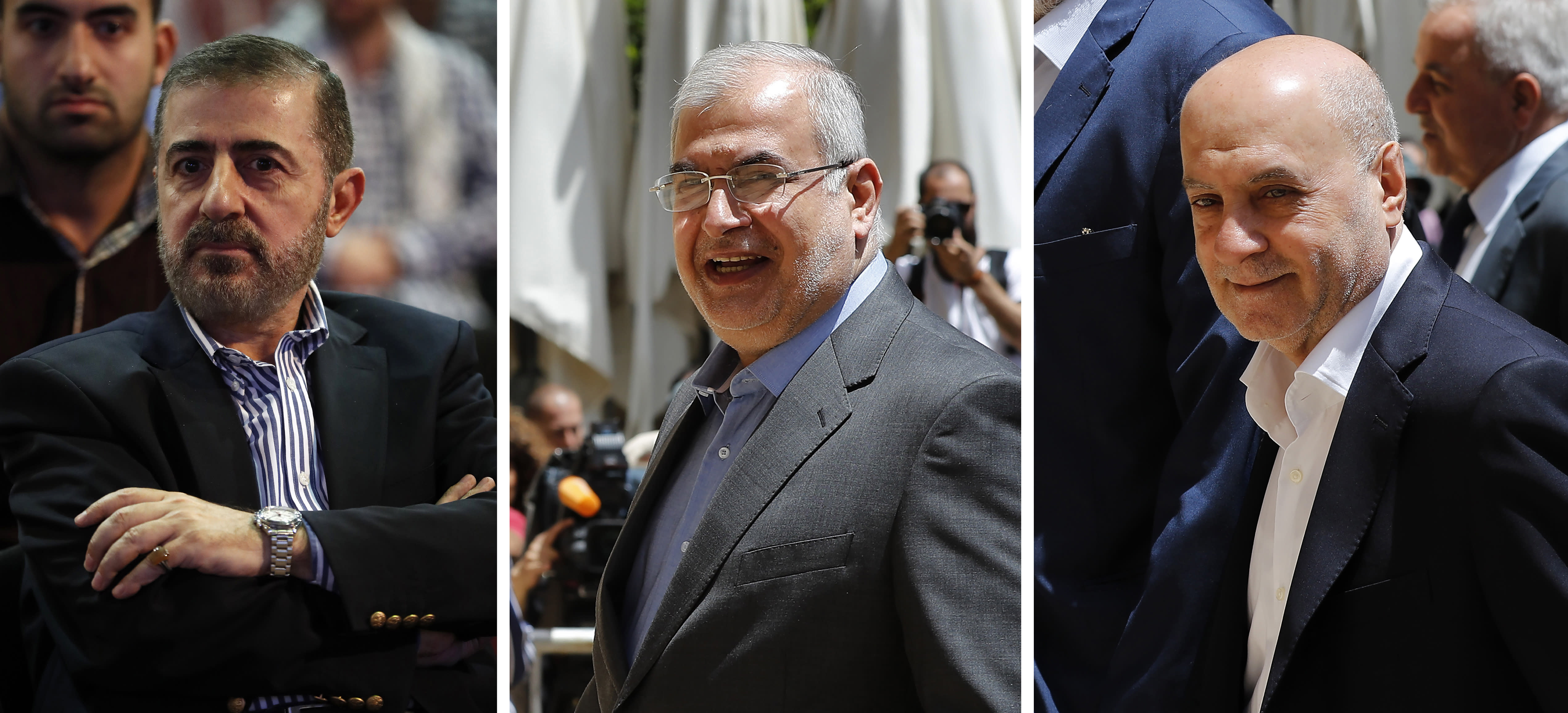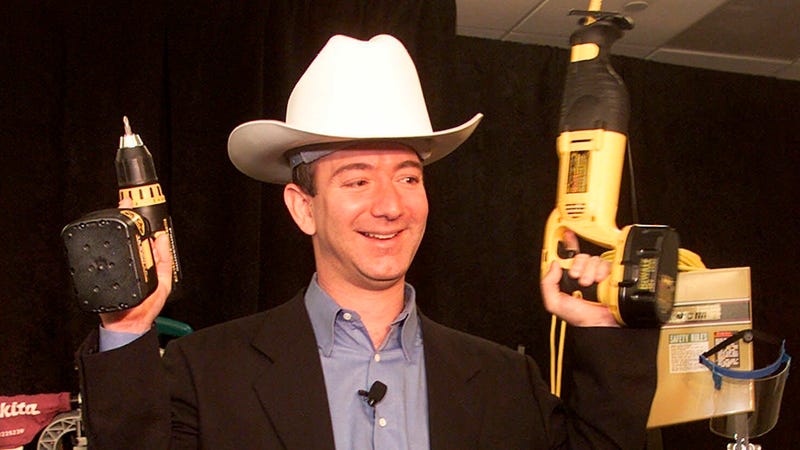WASHINGTON (AP) — The Treasury Department on Tuesday targeted a Hezbollah security official and two members of Lebanon’s parliament suspected of using their positions to further the aims of the Tehran-backed militia and “bolster Iran’s malign activities.” It’s the first time that the U.S. has targeted lawmakers currently seated in Lebanon’s parliament. Trump administration officials said Treasury’s action makes clear that there is no dividing line between Hezbollah’s political and militant wings. The U.S. designated lawmakers Amin Sherri and Mohammad Raad as well as Hezbollah security official Wafiq Safa under a U.S. executive order, which targets terrorists and those providing support to terrorists or acts of terrorism. “Hezbollah uses its operatives in Lebanon’s parliament to manipulate institutions in support of the terrorist group’s financial and security interests, and to bolster Iran’s malign activities,” said Sigal Mandelker, undersecretary for terrorism and financial intelligence.
Lebanon’s finance minister, Ali Hassan Khalil, denounced the sanctions and said they did nothing to foster financial stability in the country. “There is no justification whatsoever for escalating these sanctions,” he tweeted. Hezbollah lawmaker Ali Fayyad described the U.S. move as “an insult for all the Lebanese people.” He told reporters the Lebanese government must take a stand against the sanctions because they infringe on Lebanese sovereignty. Hezbollah, whose Arabic name translates into “Party of God,” was established by Iran’s Revolutionary Guard during Lebanon’s civil war in the 1980s.







